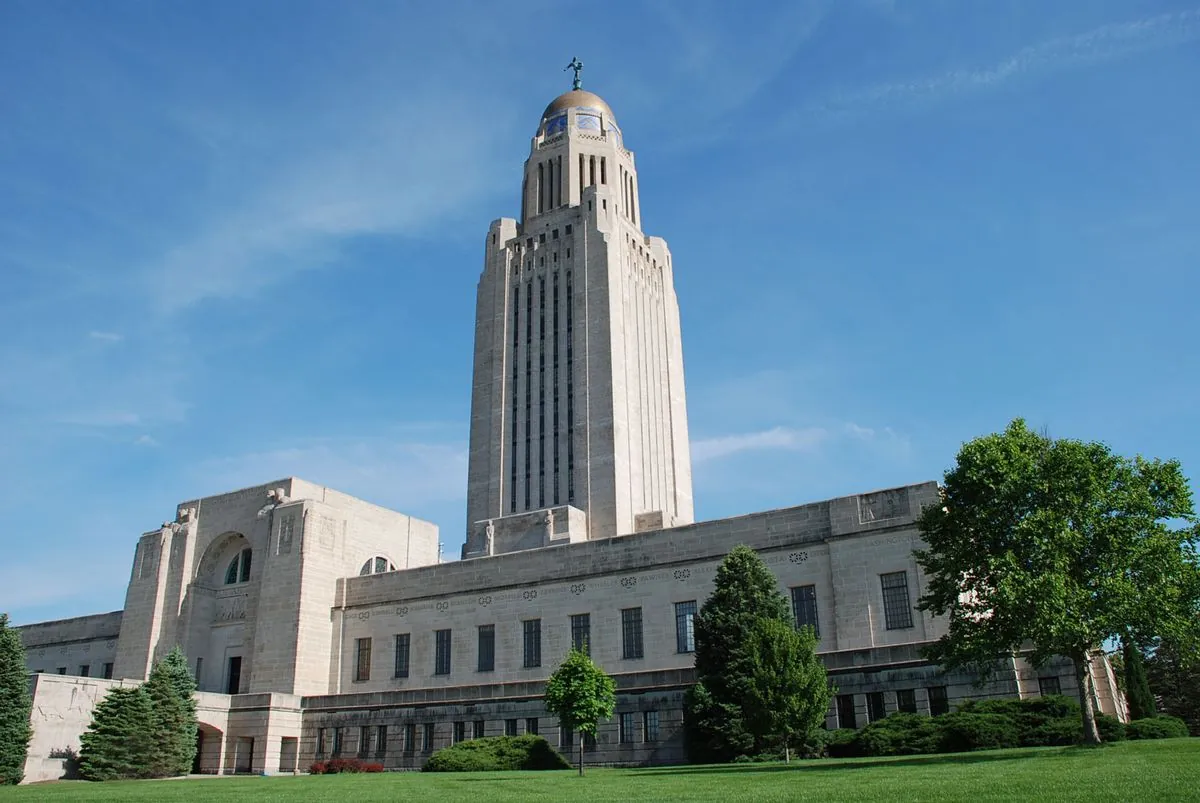In a significant development, a Republican initiative to modify Nebraska's Electoral College system has encountered a major obstacle. State Senator Mike McDonnell has declared his opposition to the proposal, likely derailing the effort that could have potentially influenced the outcome of the 2024 U.S. presidential election.
Nebraska, along with Maine, is one of only two states that currently divide their electoral votes by congressional district. The proposed change would have shifted Nebraska to a winner-take-all system, potentially benefiting the Republican candidate in the upcoming election. This system, adopted by Nebraska in 1991, allows for a more nuanced distribution of electoral votes compared to the 48 states that allocate electors on a winner-take-all basis.
The significance of Nebraska's 2nd congressional district, which includes Omaha, cannot be overstated in the context of the 2024 election. With the race expected to be extremely close, every electoral vote could prove crucial. The Electoral College, established by the U.S. Constitution in 1787, consists of 538 electors, with 270 votes required to secure the presidency.
McDonnell, who switched from the Democratic to the Republican party in April 2024, stated, "I will not change my long-held position and will oppose any attempted changes to our electoral college system before the 2024 election." He emphasized the proximity of the election, noting that it was only 43 days away at the time of his statement.
The proposal would have required 33 votes in Nebraska's 49-seat legislature to pass. With Republicans holding exactly 33 seats and Democrats united in opposition, McDonnell's stance effectively blocks the initiative.
The push for this change has been supported by allies of the Republican presidential candidate, including U.S. Senator Lindsey Graham. Graham met with Nebraska lawmakers to discuss the proposal, highlighting its potential impact on the election outcome.
"To my friends in Nebraska, that one electoral vote could be the difference between Harris being president or not."
The importance of Nebraska's electoral votes is underscored by potential scenarios in the upcoming election. For instance, if the Democratic candidate were to win Michigan, Wisconsin, and Pennsylvania, while the Republican candidate secured Arizona, Nevada, Georgia, and North Carolina, Nebraska's 2nd district vote could determine whether the race ends in a 270-268 victory or a 269-269 tie.
In the event of an Electoral College tie, the U.S. House of Representatives would select the winner, with each state delegation getting a single vote. This scenario has not occurred since the 1824 election, highlighting the rarity and potential significance of such an outcome.
McDonnell has suggested putting the Electoral College question to Nebraska voters in 2025, allowing for a more democratic decision-making process. Meanwhile, Nebraska Governor Jim Pillen, a Republican, has expressed support for the proposed change but requires a clear indication of 33 votes in favor to call a special legislative session.
As the 2024 election approaches, the spotlight on Nebraska's unique electoral system intensifies. The state's five electoral votes, particularly the one from the 2nd district, could play a pivotal role in determining the next President of the United States. This situation serves as a reminder of the complexities and potential consequences of the Electoral College system in American presidential elections.
